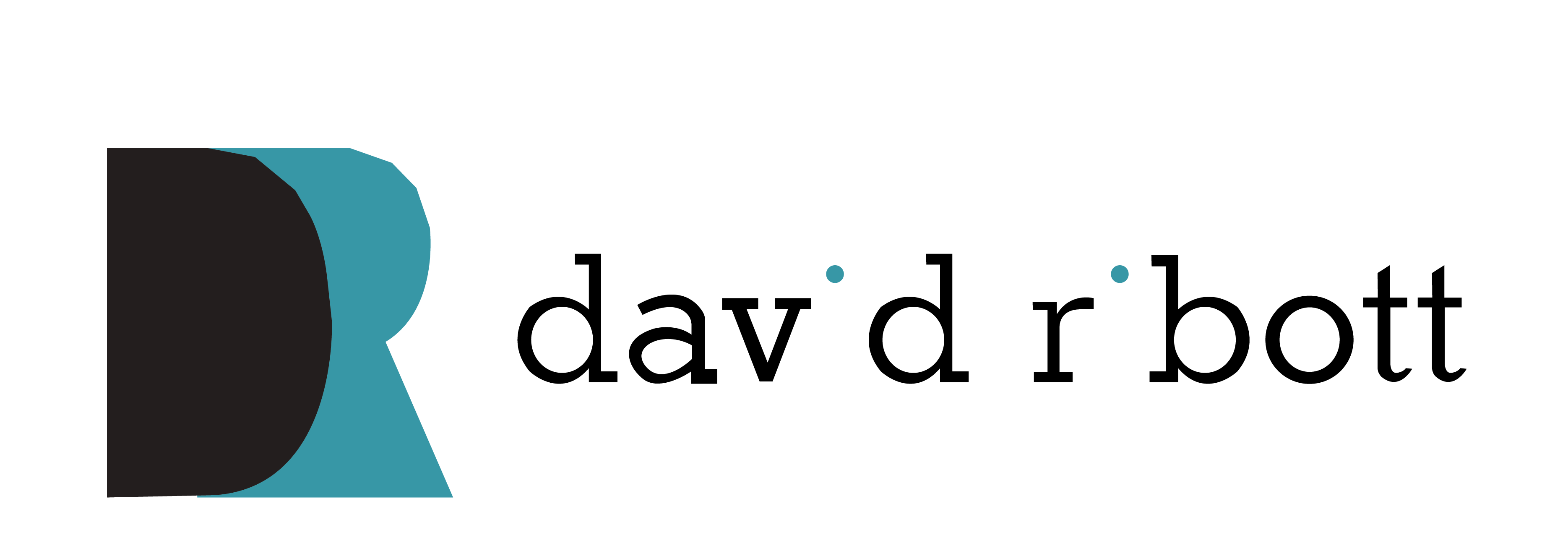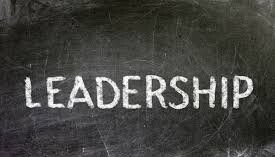As a coach development faculty member, I have had the unique opportunity to observe new or novices coaches just breaking into the field professionally to more mature coaches with years of experiences under their belts. To say I have seen varying degrees of coaching in action would be an understatement.
Here are three themes I have noticed:
# 1 – Nothing Goes According to Plan
Everyone has a plan until they get punched in the mouth.” – Hall of Fame Boxer Mike Tyson
In a coaching session with our clients, we must be prepared for the session AND be flexible enough to adapt to what emerges in the present moment during the session. To disregard non-verbal cues, micro-expressions, in essence what the client is “bringing to the table” would be to overlook your client for the sake of a prescribed coaching agenda.
Let’s be clear – the client is a whole person, and in that whole person includes the project briefing that brought you together and the real-time emotions / responses the client expresses during the session, which have meaning to explore and serve a purpose.
It is our role to unearth, without limitation, the full range of potentialities in service of our clients growth and continued development.
To put this into context, I will point you to the difference between Deliberate Strategy and Emergent Strategies from the Business Management Sciences. It’s not so much one versus the other, but rather finding the sweet spot where you’re able to leverage both without sacrificing the other.
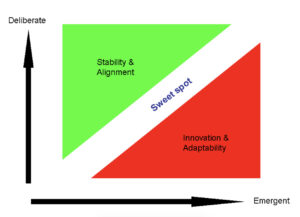
In a coaching context, to be able to locate the Sweet Spot, we as coaches must attune ourselves to the fluidity that allows us to access both sides of the paradigm effortlessly. To only be focused solely on the deliberate can create a transactional experience while forfeiting the transformational experiences hidden within emergent.
# 2 – Learning Agility is Experiential
“You give a poor man a fish and you feed him for a day. You teach him to fish and you give him an occupation that will feed him for a lifetime.” – Chinese Proverb
According to Korn Ferry, Learning Agility enables:
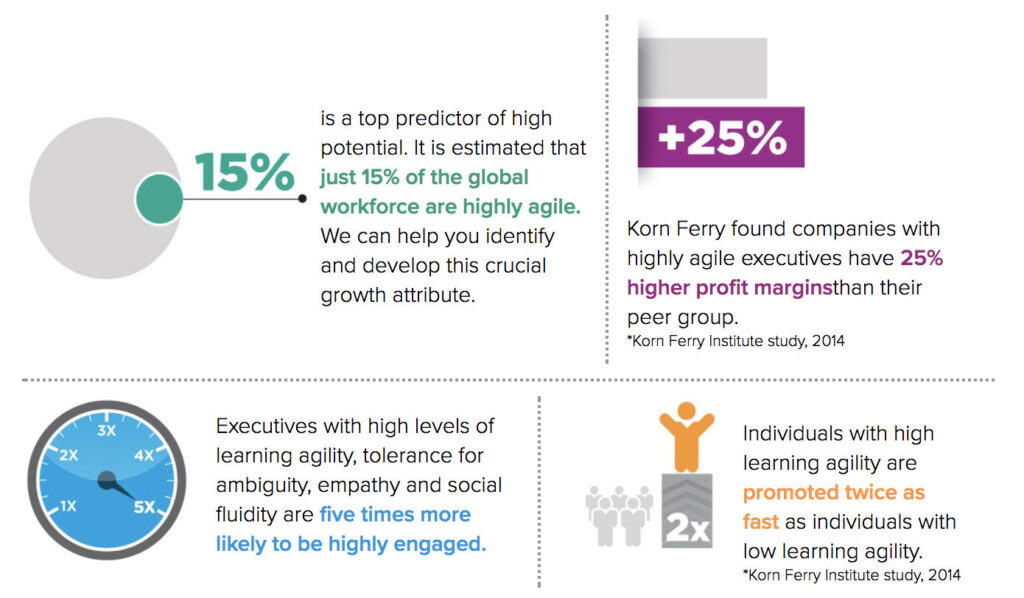
And further data from Korn Ferry shows:
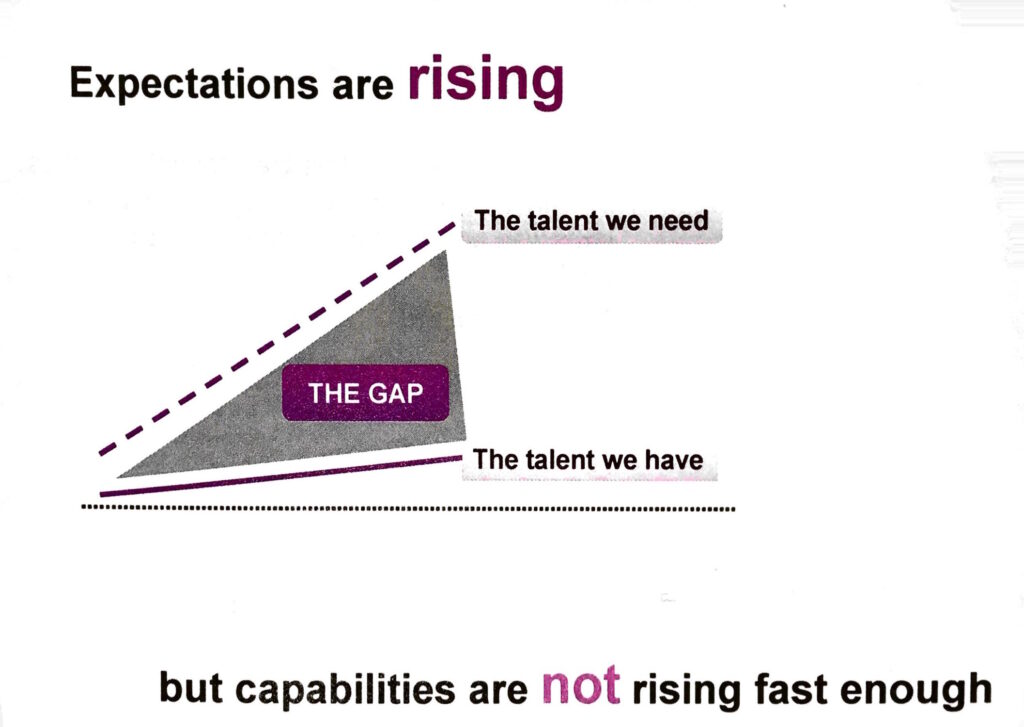
As the image depicts, there is a gap in the talent needed to fuel organizations to thrive, and there is no amount of training that will close the gap, as there will always be unforeseen disruptions that create an urgent need for our attention.
Being a coach that has command over the fluidity of deliberate and emergent practices provides a experiential platform for clients to learn how it is done.
Continuing to help your clients achieve their identified goals and navigate a future that will require the agility to convert past learnings into the wisdom and calm to perform in unpredictable future situations is core to our work as coaches.
# 3 – Commitment to “Walk Your Talk”
“It was character that got us out of bed, commitment that moved us into action, and discipline that enabled us to follow through.” – Zig Ziglar
With each new client we take on that leads to the hundreds and / or thousands of hours we register as part of our coach development, chances are we will begin to see patterns to success for our clients. However, in borrowing from research integrity, a hypothesis (an idea) untested is simply an opinion, and cultivating a “modus operandi” devoid of sound data or science or coach supervision is not a best practice to model for your coach development.
Moreover, the longer we practice any activity without the supervision of a trained professional to monitor our progress, we increase our chances of picking up bad habits.
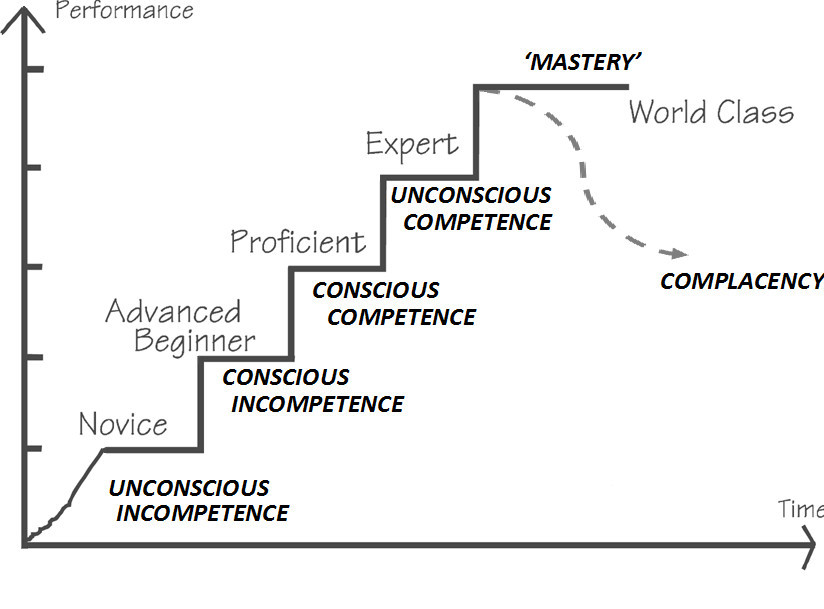
The image above reflects the stages of learning e.g. The Conscious Competence Model along with the added dimension of what could potentially happen when we allow our development as coaches to go untested and unmonitored – complacency.
One of the worst things we can do as professional coaches is believe ourselves to be growing without testing out our capacity with peers, mentors, and with our own coach to corroborate our beliefs.
Remember, who are we to ask, challenge, and provoke our clients to take on this practice in their own development when it is absent from our coach development.
In that spirit, I leave you with the following questions to guide a quick self-assessment of your “modus operandi” for coach development:
“how are you engaging both the art and science of coaching?”
“how do you know you are engaging both?”
“what are you doing to ensure you’re not operating from a blindspot?”
